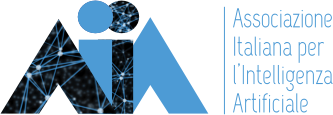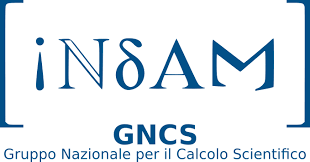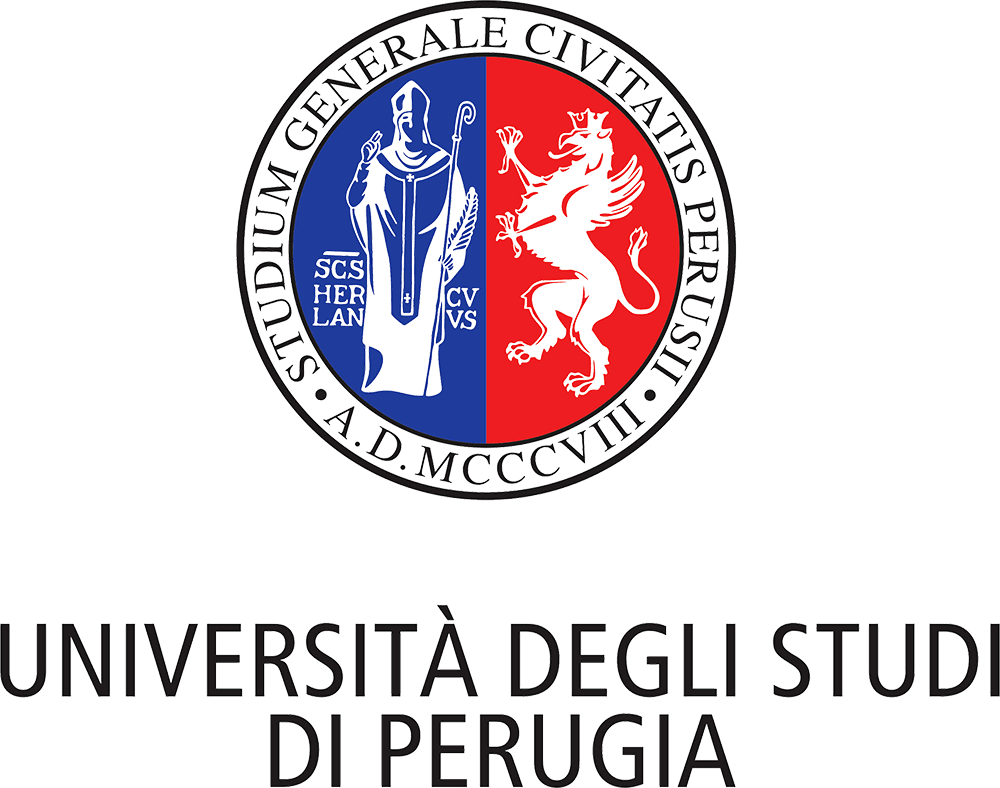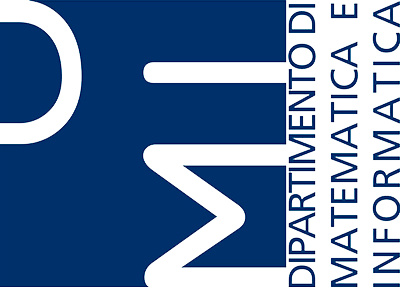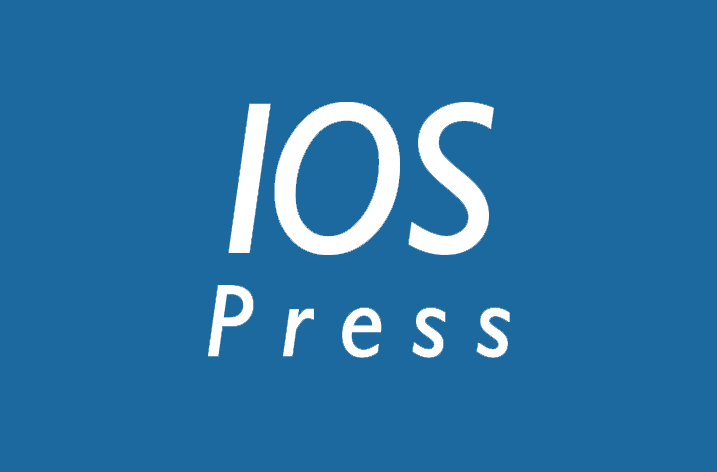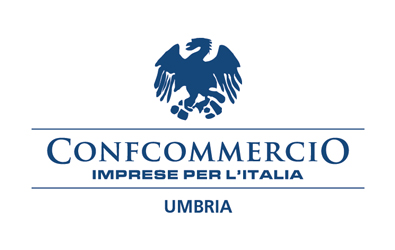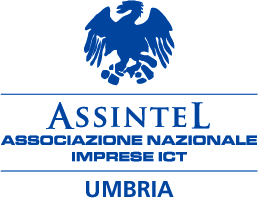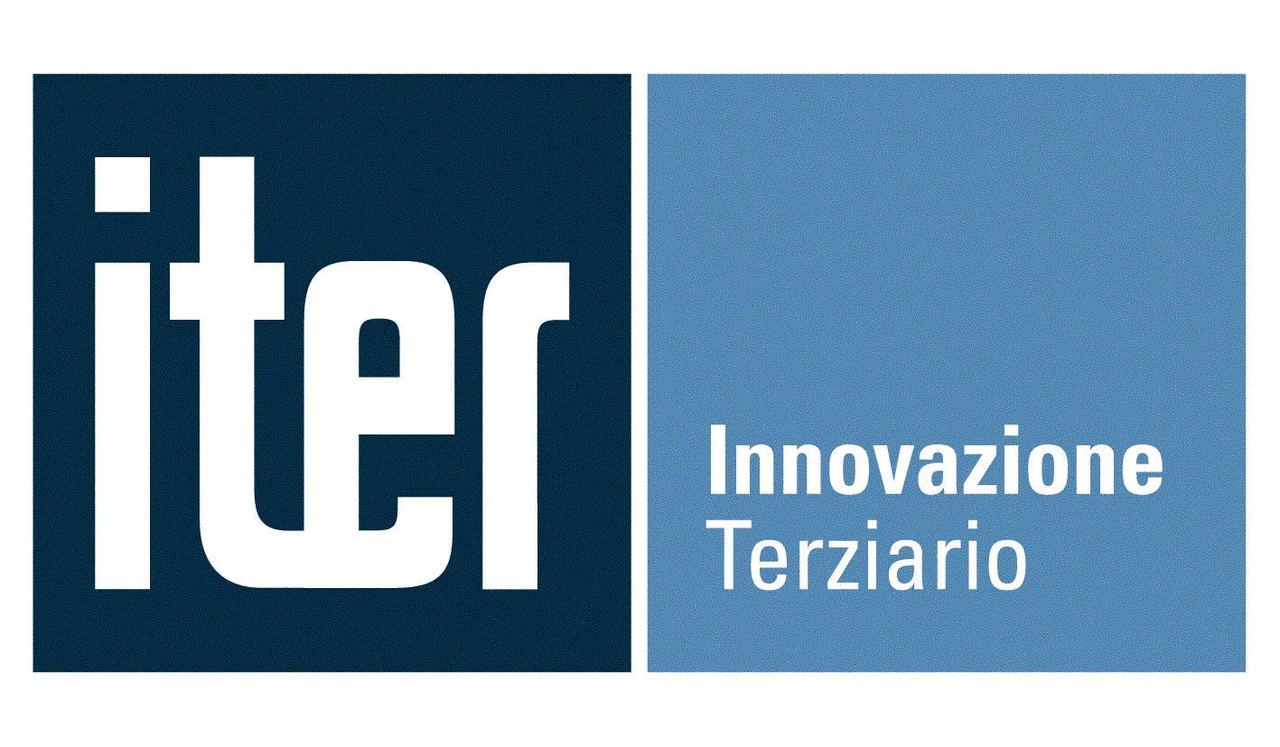Program
We will use Zoom to host all the events in the conference. A link for partecipating will be sent to all registered users. The program will include courses, keynotes, and the student program. Courses will introduce argumentation along different perspectives (abstract and structured level, argumentation as inference and argumentation as dialogues, probabilistic argumentation), and will deal with the application of argumentation for normative and legal reasoning, argument mining from natural language, and the use of a general software tool for argumentation. Some material might be provided in advance to be discussed during the interactive sessions. Keynotes will give a focused overview on a specific topic. The student program will consist of digital poster sessions and discussions with mentors (see Student Session). The preliminary overview of the programme is given below.
| Friday 4/9/2020 | Saturday 5/9/2020 | Sunday 6/9/2020 | Monday 7/9/2020 | Tuesday 8/9/2020 | |
| 09:00-09:15 | Student and Mentoring Session - see schedule | ||||
| 09:15-09:30 | Welcome | ||||
| 09:30-11:00 | Abstract Arg (Baroni) | Defeasible Logic (Governatori) | Normative-Legal (Governatori, Sartor) | KEYNOTE (Paglieri) | |
| 11:00-11:20 | Coffee break | Coffee break | Coffee break | Coffee break | |
| 11:20-12:30 | Abstract Arg (Baroni) | Argumentation-based Dialogue (Parsons) | Argumentation-based Dialogue (Parsons) | Tweety (Thimm) | |
| 12:30-12:50 | Lunch break | ||||
| 12:50-13:45 | Lunch break | Lunch break | Lunch break | Lunch break | |
| 13:45-14:10 | COMMA2020 Invited talk (Simari) | ||||
| 14:10-14:30 | Structured Arg (Modgil) | Arg Mining (Torroni) | Arg Mining (Torroni) | Tweety (Thimm) | |
| 14:30-15:40 | |||||
| 15:40-16:00 | Coffee break | Coffee break | Coffee break | Coffee break | |
| 16:00-17:30 | Structured Arg (Modgil) | Prob. Arg. (Flesca) | Normative-Legal (Governatori, Sartor) | KEYNOTE (Reed) | |
| 18:00 | SOCIAL | SOCIAL | SOCIAL | SOCIAL |
Courses
Course: An introduction to abstract argumentation ![]()
Tutor: Pietro Baroni
Abstract: The course will provide an introduction to the theory of abstract argumentation frameworks, discussing its basic concepts and analyzing in detail the notion of abstract argumentation semantics, with a coverage of the general properties characterizing different semantics and of the main proposals available in the literature. After covering these foundational aspects, the final part of the course will give an overview of various research trends devoted to developing and extending the basic abstract argumentation model.
Course: Dialectical Formalisations of Non-monotonic Reasoning via Structured Argumentation ![]()
Tutor: Sanjay Modgil
Abstract: The aim of the tutorial is to give an overview of the ASPIC+ framework for structured argumentation, and developments and applications of ASPIC+. I will describe how the framework allows one to specify construction of arguments from a knowledge base (KB) of premises in a logical language of one's choosing, and inference rules of one's choosing, which may be the inference rules of a deductive logic and/or defeasible (default) inference rules. The constructed arguments can then be related to each other, according to whether one argument is a counter-argument to (i.e., 'attacks') another. Preferences over arguments can then determine which attacks are successful. The arguments, related by successful attacks, are then evaluated using Dung's argumentation theory (reviewed in the preceding tutorial by Pietro Baroni), so that the claims of the winning (justified) arguments identify the non-monotonic inferences from the underlying KB. ASPIC+ thus enables dialectical formalisations of non-monotonic logics, and so paves the way for distributed non-monotonic reasoning amongst multiple agents, in the form of dialogues (I will point to the importance of such dialogues in addressing ethical concerns relating to AI). Moreover, I will review ASPIC+ guidelines constraining the above choices, as well as how preferences are defined, in order to ensure that the outcome of argument evaluation yields rational outcomes. The tutorial will also cover some key developments of the ASPIC+ framework; notably: 1) A modification of ASPIC+ that studies preservation of rationality under resource bounds; 2) an extension of ASPIC+ that enables argumentation based reasoning about possibly conflicting preferences/values that are used to decide the success of attacks; 3) Evaluation of ASPIC+ arguments under generalisations of Dung's theory that yield more fine grained evaluation of the status of arguments (i.e., not just as winning, losing or undecided.
Tutor: Guido Governatori
Abstract: Defeasible logic is a rule based proof theoretic computationally oriented non-monotonic logic whose reasoning mechanism is closely related to argumentation. In addition, the logic proved to be flexible enough to capture different and somehow incompatible facets of non-monotonic reasoning. In the lecture, we are going to present the basics of the logic, and how to generate variants modelling different aspects of non-monotonic reasoning. Moreover, we show how to provide argumentation semantics for the variants of the logic.
Tutor: Paolo Torroni
Abstract: Argumentation mining aims to automatically extract argumentative content from textual sources by exploiting natural language processing methods. The course is directed to a general audience and intends to offer a smooth introduction to argumentation mining by discussing models, methods, tasks, datasets and possible applications.
Course: Argumentation-based Dialogue
Tutor: Simon Parsons
Abstract: The notion of dialogue is closely related to the basic concepts of argumentation, and there is well-known dialectical basis for establishing which arguments are acceptable. Argumentation can also be used to underpin a formal model of dialogue. In such ``argumentation-based'' dialogue, participants exchange arguments, and the mechanisms of argumentation are used to establish what elements participants take to be acceptable at the end of the exchange. This tutorial covers the basics of such dialogues, discussing the elements that are required in order to carry out argumentation-based dialogues.
Course: Probabilistic Abstract Argumentation ![]()
Tutor: Sergio Flesca
Abstract: Several proposals have been made to model uncertainty in Abstract Argumentation Frameworks (AAFs), by considering weights, preferences, or probabilities associated with arguments and/or defeats. One of the most popular approaches based on probability theory for modeling the uncertainty is the so called constellations approach: the dispute is represented by means of a
Course: Argument-based Normative and Legal Reasoning ![]()
Tutor: Guido Governatori, Giovanni Sartor
Abstract: The course is organized into two lectures.
Defeasible Logic for Deontic Reasoning.
Normative reasoning incorporates two characteristic features: norms are defeasible (in the sense that typically they admit exceptions) and norms provide conditions under which obligations/permissions/prohibitions are in force in a normative system. Also, norms can be violated, and normative systems provide mechanisms to compensate for violations. In the lecture, we are going to show how to integrate in a computationally oriented way Defeasible Logic (for the efficient treatment of exceptions) and Deontic Logic of Violations. Examples from real-life norms illustrate how the resulting logic works.
Argumentation in case based reasoning and interpretation in the legal domain.
The session will consider how lawyers develop arguments when reasoning with cases and when engaging with the interpretation of statutory provisions. We shall also focus on the way in which arguments based on rules and values are developed and interact. We shall then consider how this arguments can be captured by using abstract and structured argumentation. Finally we shall consider how these kinds of arguments and model can be relevant not only in the legal domains, but also in other domains where normative reasoning is needed, to direct and constrain choices or human and artificial agents.
Course: Formal Argumentation Approaches in TweetyProject ![]()
Tutor: Matthias Thimm
Abstract: The TweetyProject (http://tweetyproject.org) is a collection of various Java libraries that implement approaches to different areas of artificial intelligence. In this tutorial, I provide an overview on the argumentation libraries of the TweetyProject. These libraries comprise of implementations to abstract argumentation frameworks, as well as the most popular approaches to structured argumentation (ASPIC+, ABA, Deductive Argumentation, DeLP), and various further aspects such as ranking and probabilistic semantics. I briefly sketch the functionalities of these libraries and give some pointers to how they can be used.
Course: Argument technologies and online disinformation: pitfalls and prospects ![]()
Tutor: Fabio Paglieri
Abstract: The COVID-19 pandemic has exacerbated pre-existing concerns about online disinformation, although extant evidence on the quality of online information in relation to this global event is still confused and controversial. On the one hand, the pandemic gave ample opportunities for the spread of disinformation online, especially via social media, including massive “information operations” (either state-sponsored or privately funded) to leverage the virus in fostering various agendas, both at the national and international level. On the other hand, increased attention and alertness of the population caused several positive instances of self-corrective behaviours, in which fake news were promptly detected, analyzed, and rectified using the same technological platforms responsible for their spread to begin with. In this rapidly shifting scenario, it becomes more urgent than ever to understand whether, how, and to what extent argument technologies might help in the collective fight against disinformation. In this tutorial I will emphasize the cognitive and socio-technical roots of online disinformation, to discuss how some current argument technologies relate to them and to outline a set of desiderata on how to design future argument-based tools to combat disinformation.
Invited Talk: Bridging the gap from linguistic to computational models of argument
Speaker: Chris Reed
Abstract: One of the ways in which the COMMA community is composed of different threads of research is the varying extent to which use is made, on the one hand, of linguistic models, and, on the other, of formal techniques. Linguistic models have much to say about what an argument is, about how it is composed, and how it is situated in the world. Formal (both structured and abstract) models focus instead on a much narrower conception of what an argument is, and much more on one argument’s interactions with others. We have learnt that the Argument Interchange Format is an effective way of delivering data from the linguistic world and delivering computation back from the formal world, yet AIF on its own cannot handle real world data directly. This talk will summarise Inference Anchoring Theory, a technique that ties together discursive activity with formal structure, all of which can be represented in AIF and transported across the bridge to the rich formal and computational techniques.
Invited Talk: The Dynamics of Knowledge: Argumentation and Belief Revision
Speaker: Guillermo R. Simari
Abstract: The exploration of the relationships between belief revision and computational argumentation has led to significant contributions for both areas; several techniques employed in belief revision are being studied to formalize the dynamics of argumentation frameworks and the capabilities of the argumentation-based defeasible reasoning are being used to define belief change operators. By briefly considering the fundamental ideas of both areas it is possible to examine some of the mutually beneficial cross-application in different proposals that model reasoning mechanisms that combine contributions from the two domains.
Tutors
Pietro Baroni - University of Brescia, Italy
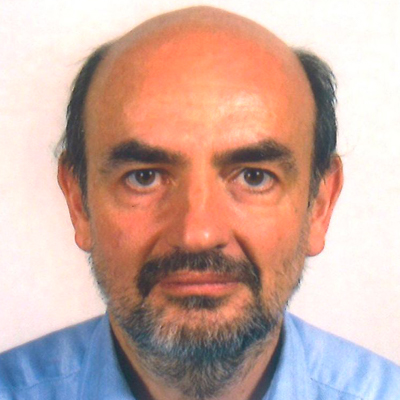
Pietro Baroni is full professor of computer science and engineering at the Department of Information Engineering of the University of Brescia, Italy. He is author of more than 130 scientific papers in the area of artificial intelligence and knowledge-based systems, with a main focus on theory and applications of computational argumentation. He was a founding member of the Steering Committee of the COMMA (Computational Models of Argument) conference series, served as program chair of COMMA 2016, and is currently coEditor-in-Chief of the Argument & Computation journal.
Sergio Flesca - University of Calabria, Italy
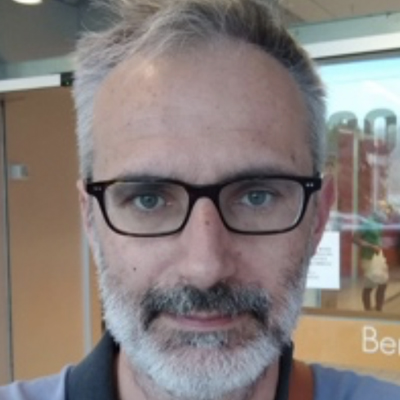
Sergio Flesca is full professor at University of Calabria. He received a Ph.D. degree in Computer Science from University of Calabria. His research interests include databases, web and semi-structured data management, information extraction, inconsistent data management, approximate query answering, log analysis and mining, probabilistic argumentation frameworks and more recently uncertainty in argumentation.
Guido Governatori - Data61, CSIRO, Australia - Research Professor, Law School, La Trobe University, Melbourne, Australia

Guido Governatori is a Senior Principal Researcher at CSIRO’s Data61 where he leads the Software Systems Research Groups and also provides scientific leadership to the RegTech Technology Program. Before receiving his PhD in Legal Informatics from the University of Bologna, he graduated in Philosophy from the same university. Before joining NICTA (now CSIRO’s Data61) he held academic positions at Griffith University, Queensland University of Technology and the University of Queensland. His research focuses on non-monotonic and non-classical logics (specifically rule based logics) and their applications, in particular the field of legal reasoning and legal informatics, agents and business processes. His work on the application of Defeasible Deontic Logic for business processes started the investigation in the novel area of business process compliance and in 2018 the work was awarded the BPM Test of Time for the influence and impact the work created. In 2015 Guido received the Australian Computer Society ICT Researcher of the Year Gold Award. He served as program chair of the major international conference on modal and deontic logic, artificial intelligence and law, legal informatics and rules and reasoning.
Sanjay Modgil - King's College London, UK
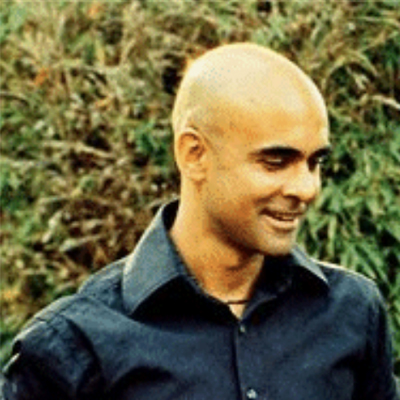
Sanjay Modgil is a reader in Artificial Intelligence and head of the Reasoning and Planning Group at King's College London. His main research and teaching interests are in the areas of logic, argumentation and dialogue, and philosophical and ethical issues related to AI. He has published over 90 published papers, with key research contributions in developing the ASPIC+ model of logic-based argumentation, dialectical models of logic-based reasoning that are provably rational under resource bounds, and models of logic-based argumentation that accommodate reasoning about preferences and values. More recently, he has focused on the ethics of AI, and integration of human and artificial agent reasoning through dialogues purposed to reason about moral issues.
Fabio Paglieri - Cognitive Sciences and Technologies of the National Research Council, Italy
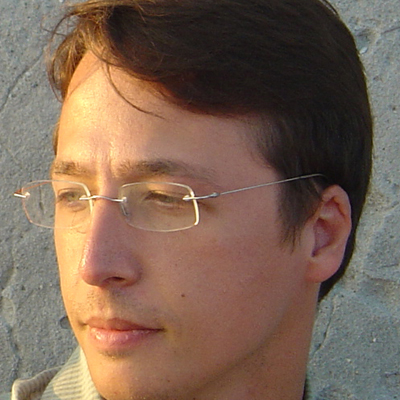
Fabio Paglieri is senior researcher at the Institute of Cognitive Sciences and Technologies of the National Research Council (ISTC-CNR) in Rome. He is a cognitive scientist working on argumentation, decision making and belief dynamics. He authored 3 monographs and over 100 papers in peer-reviewed journals and volumes, and edited or co-edited 4 books and 8 journal issues. He is Editor-in-Chief of Topoi. An international Review of Philosophy (Springer) and Sistemi Intelligenti (Il Mulino), and associate editor of the book series Studies in Logic and Argumentation (College Publications); he is also chair of the European Conference on Argumentation (ECA) and former President of the Italian Association of Cognitive Sciences (AISC, 2017-2019.
Simon Parsons - King's College London, UK

Simon Parsons is a Professor in the School of Computer Science at the University of Lincoln. He received his PhD from University of London in 1993, and held academic positions at Queen Mary and Westfield College, Massachusetts Institute of Technology, City University of New York, University of Liverpool and King's College London before joining Lincoln. At King's, Simon led the expansion of activity that resulted the recent re-establishment of a separate Department of Engineering. Simon's research interests centre on the design and analysis of autonomous systems, in particular with respect to how teams of autonomous systems can decide what to do in complex environments, and how they can explain these decisions. He has published over 300 papers and written or edited 11 books on these topics. Simon is co-Editor of "Knowledge Engineering Review", and an Editorial Board member for "Argument & Computation".
Chris Reed - University of Dundee, Scotland

Chris Reed is Professor of Computer Science and Philosophy at the University of Dundee in Scotland, where he heads the Centre for Argument Technology (www.arg.tech). Chris has been working at the overlap between argumentation theory and artificial intelligence for two decades and specialises in the theory, practice and commercialisation of argument technology. He has won over £6.5m of funding from government, charity and commercial sources, has over 200 peer-reviewed papers in the area including five books, and has served as a director of several technology companies. He has also been instrumental in the development of the Argument Interchange Format, an international standard for computational work in the area; he is spear-heading the major engineering effort behind the Argument Web; and he is a founding editor of the Journal of Argument & Computation. He also provides evidence to various committees at Westminster and his media appearances and writing have reached an audience in excess of 30 million people.
Giovanni Sartor - University of Bologna, Italy
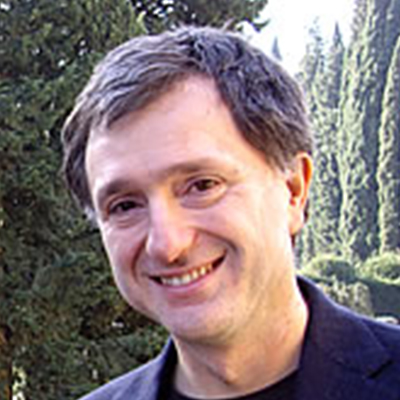
Giovanni Sartor is currently Principal Investigator for the ERC (Europen Research Council) Advanced project COMPULAW, started on 1 November 2019, to be completed on 31 October 2024. He is part-time professor in legal informatics at the University of Bologna and part-time professor in Legal informatics and Legal Theory at the European University Institute. He obtained a Ph.D. at the EUI, researcher at the Italian National Council of Research (ITTIG, Florence), chair in Jurisprudence at Queen’s University of Belfast, and was Marie-Curie professor at the EUI. He has been President of the International Association for Artificial Intelligence and Law. He has published widely on artificial intelligence and law, computational logic, legal theory/philosophy, and computer law.
Matthias Thimm - Institute for Web Science and Technologies (WeST), Koblenz, Germany
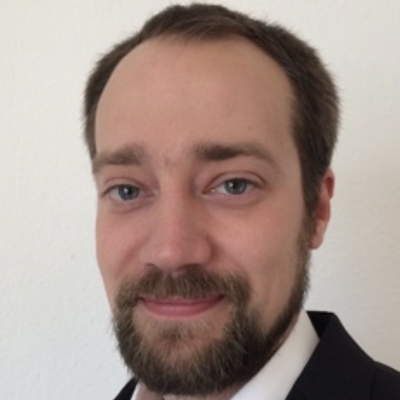
Matthias Thimm is a senior researcher at the Institute for Web Science and Technologies (WeST) in Koblenz, Germany. His research focus is on formal methods of knowledge representation and artificial intelligence, both from a conceptual as well as algorithmic perspective. He is interested in formal models of argumentation, in particular with respect to quantitative extensions, algorithms and implementations, game-theoretical aspects for application in multi-agent systems, and the relationship of argumentation and belief revision. Further interests include inconsistency measurement, probabilistic reasoning with incomplete and inconsistent information in propositional and first-order representations of knowledge. He is co-founder of the International Competition of Computational Models of Argumentation (ICCMA) and member of the COMMA steering committee and the Argument and Computation Editorial Board.
Paolo Torroni - University of Bologna, Italy
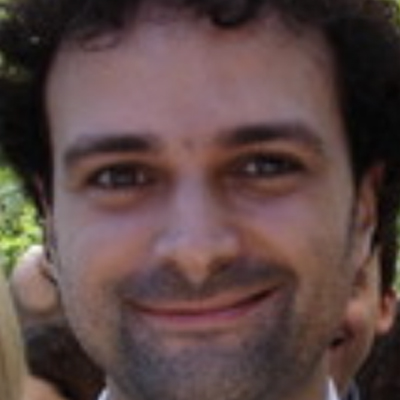
Paolo Torroni is an associate professor with the University of Bologna since 2015. His main research focus is in artificial intelligence, and in particular argumentation mining, multi-agent systems, and computational logics, where he contributed within several national and international research projects. Since 2012 he teaches real time systems for automation in the automation engineering international master's degree. In 2018 he was awarded the national scientific qualification as full professor in "information processing systems" and "informatics".

